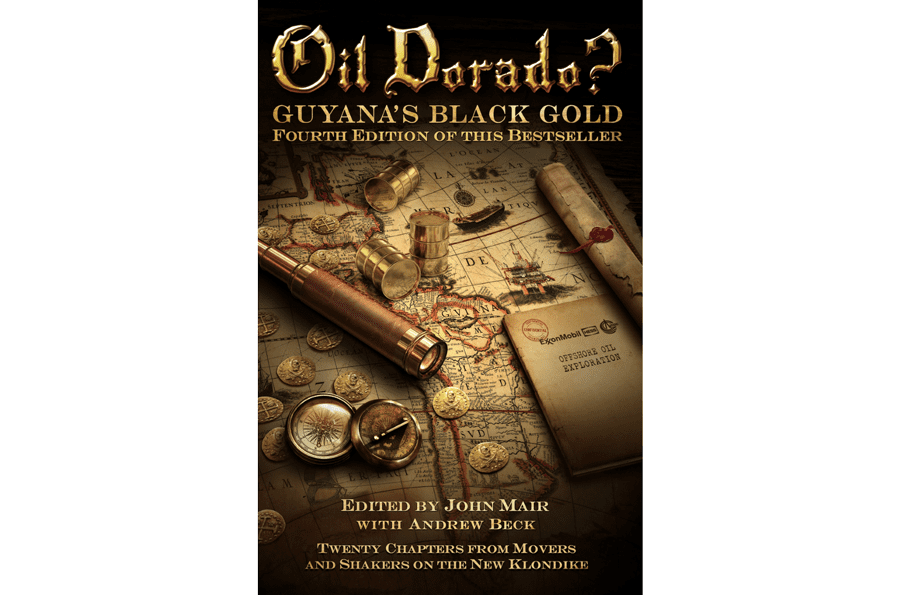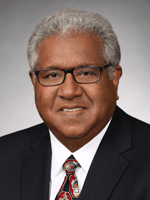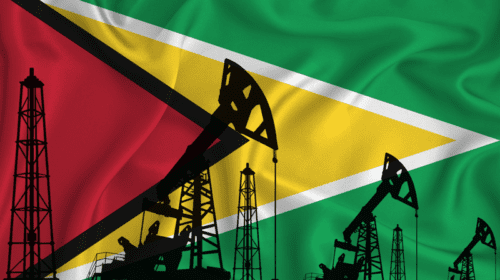Chapter 28: Lessons from Midland, Texas
Booms and busts are real. Busts occur often. They are unexpected and unpredictable. They are devastating for most. Booms are just as frequent. Luck is as important as knowledge, skills and timing.
I arrived in Midland, Texas, 43 years ago. Midland sits on top of the middle of the Permian Basin, currently the most prolific producing oil field in the world since it passed Saudi Arabia’s Ghawar field [in 2019]. In May 2022, the Permian Basin produced 5.5 million barrels of oil per day. (Total production worldwide is 100 million barrels per day.)
I found Midland by accident. I knew nothing about oil. I was simply looking for a medium sized city that was growing, and needed medical doctors to come and open their private practice to take care of the increasing population. I was told that the reason for the increasing population was the rapid growth in the oil business, but that mostly went over my head.
My Initiation into Oil and Gas
But oil quickly gets into your blood. Within the first year, I was introduced to oil and gas investing by some of my patients and neighbors. I invested in four small drilling programs. Two were dry holes right from the start. The other two were good wells at least initially, but when a sudden crash in all prices occurred less than two years later, the wells became unprofitable. That was just the beginning. The local economy collapsed. Several established businesses closed. Many companies and individuals went bankrupt. For me, it was an abrupt, unwelcome, comprehensive but eventually a cathartic education about booms and busts. The bright side was that some people survived. I was among them. But what an education it was. There was a bumper sticker that I saw that captured a widely held sentiment: “Dear God, please send us another oil boom and I promise not to p*ss it off this time.”
Booms and busts are part of the oil and gas business. I have lived through several cycles. Many newcomers to the business believe that they can outsmart the commodity cycle. I have heard many novices – and some who have been burnt before – lecturing me on why each current boom is different from all the previous ones. They preen that the current party will never stop for the people who really know what they are doing. Few of those people are still around.
Permian Basin: Hidden “Black Gold” – Even Under My Lawn!
The Permian oil basin is all around me. The oil and gas zones are deep underground, but the drilling rigs, pumpjacks, tank batteries, risers, ubiquitous tanker trucks, pipeline markers, flare tasks and myriads of other paraphernalia that enable the industry, are right on the surface – nearby, palpable and visible. Even though there is oil being produced from under my yard, and there is a gas pipeline traversing my property, you will not see any of them. The production well runs horizontally and is two miles beneath my land’s surface, and the pump jack and tank battery that support them are a mile and a half away. The gas pipeline is six feet below my lawn. It is made of steel. I know not to dig in its vicinity.
Booms – Always Good?
Booms create massive amounts of activities and opportunities. The flood of money brings in lots of new people. Higher paying oil field jobs lure people away from lower paying jobs, especially in the service industries. Housing prices escalate and the cost of living often rises, accompanying the oil prices upward. For most of the people who write each cycle up and then down, the net benefit is marginal. For those who have royalty [interests] coming in or are owners or operators of a piece of the business, the financial rewards can be astounding. I have seen U.S. billionaires created within a year!
The Pluses and Minuses of Oil
There is no other way to say it: The production of oil and gas, and the consumption of oil and gas, are severely hazardous to the environment and to the long term livability on planet Earth. For over a century, cheap, efficient, portable, widely available oil and gas have enabled mankind to master the universe like in no century before. But [the] mostly unmitigated use, so far, has set us on the path of destroying our environment. The transition to renewable sources of energy, such as wind, solar, hydro and tidal, while capturing and sequestering a large portion of the carbon dioxide already in the atmosphere, are essential global priorities.
Money influences behavior at all levels of culture, perhaps especially at the level of corporate culture. I expect that there will be a flood of taxpayers’ money diverted to carbon capture and sequestration [CCS], and that the corporations receiving the bulk of it will be the ones who caused it in the first place, and who for years denied that there was a problem with carbon dioxide in the atmosphere. Money influences behavior!
What Can Guyana Expect and How to Salute the Past?
It must be an exciting time for those living in Guyana. Such promise of a better life for all, potentially, in such a short time. Such luck, such opportunity! I hope that my call more than four years ago “to all concerned to save the records, pictures, photographs, contracts, surveys, seismic studies, articles, analyses, economic proformas, engineering models, equipment replicas, invitations, press releases, drilling logs, core specimens, samples of first oil – in short, everything related to development of the oil and gas industry, so that future generations can relive the current excitement in a future Guyana Petroleum Museum, Library and Hall of Fame,” has seen action.
A message from my adopted land to the land of my motherland.
This excerpt from the revised, updated and enlarged 4th edition of Oil Dorado: Guyana’s Black Gold by John Mair (Author), Neil Fowler (Editor) and Tulsi Dyal Singh, MD (Contributor) has been reprinted with permission. Cover by Dean Stockton. Published by Bite-Sized Books Ltd. Copyright John Mair 2022. A 5th edition of Oil Dorado is expected to be published in early 2023.
Dr. Tulsi Dyal Singh is a Guyanese-born American. He has lived in Midland, Texas, since 1979.
He is a former president of the board of trustees of the Permian Basin Petroleum Museum, Library and Hall of Fame.
Oil and gas operations are commonly found in remote locations far from company headquarters. Now, it's possible to monitor pump operations, collate and analyze seismic data, and track employees around the world from almost anywhere. Whether employees are in the office or in the field, the internet and related applications enable a greater multidirectional flow of information – and control – than ever before.






